Research and education
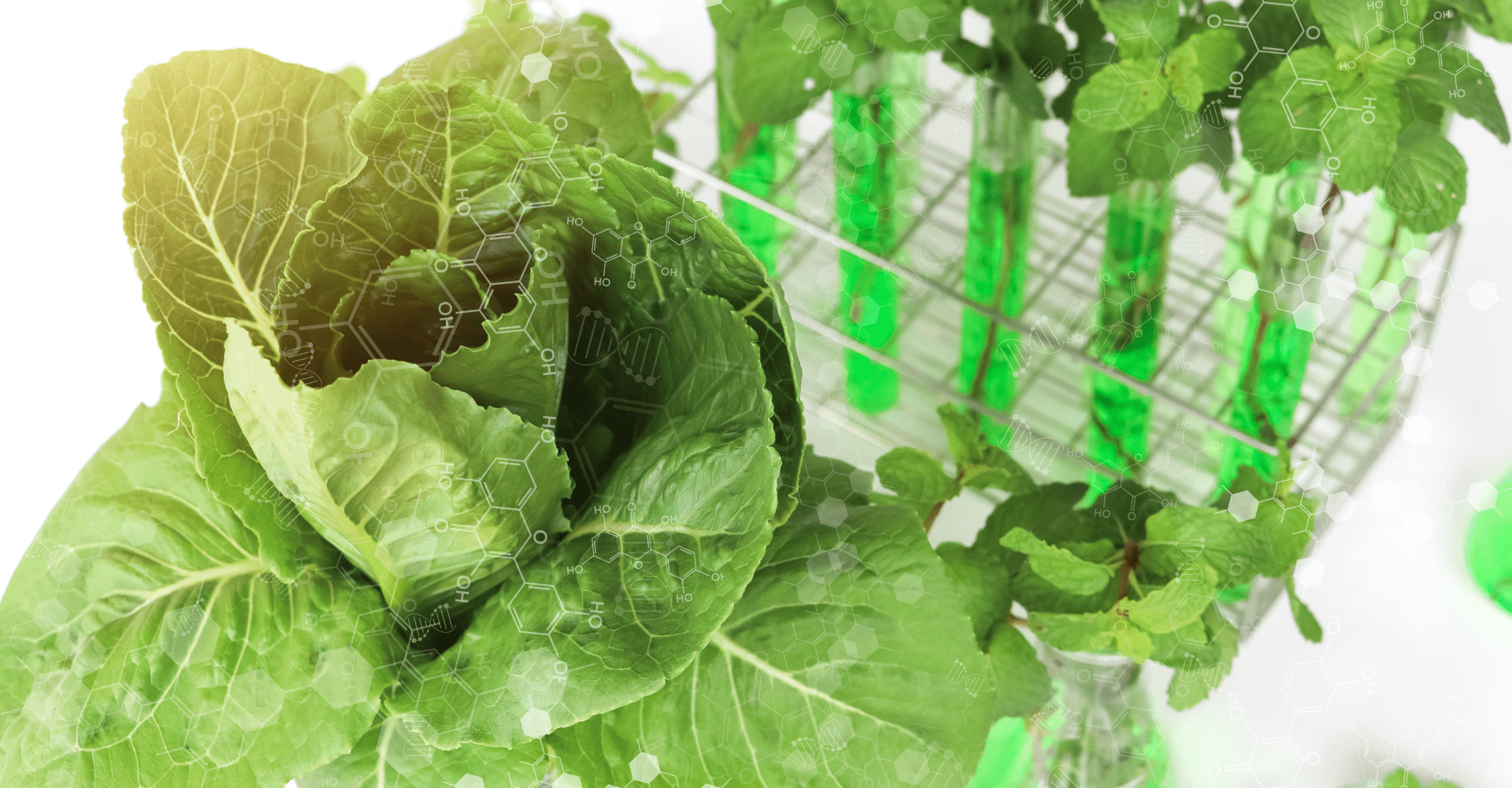
Areas, strategic goals and metrics
High-quality and eco-efficiency of our products, including a process for the development of new products that respects safety and the environment throughout its life cycle
Key projects and highlights of 2022
- Reduction of natural gas consumption in production processes
- Improvement of the nepheline concentrate processing technology
- Phosphogypsum processing technologies
Promotion of sustainable farming practices, development of new fertilizer grades for broader access to best practices in farming
Key projects and highlights of 2022
- Development of water-soluble fertilizers
- Development of inorganic coatings to improve performance and reduce nitrogen loss
- Development of biologised fertilizers
- Manufacturing of the new product – ApaSil
- Production of phosphates and purified phosphoric acid
- Development of an in-house catalyst for sulphuric acid and liquid sulphur dioxide production
Soil safety, biodiversity conservation, fertility growth and lower GHG emissions in production and throughout the product’s life cycle: from mine to plate
Key projects and highlights of 2022
- Research into an integrated approach to plant nutrition and N2O emissions in a grain-grass crop rotation
- Phosphogypsum application research 91.6 ktof phosphogypsum sold
- PhosAgro Group's carbon farm project in the Vologda region 2,751 t of СО2estimated volume of carbon dioxide absorbed by plant biomass per 200 ha)
Implementation of a comprehensive phased programme to support sustainable agricultural practices and support young scholars in running sustainable development projects
Key projects and highlights of 2022
- Cooperation across a range of areas related to the climate agenda and low-carbon transition plan
- Continuation of the Green Chemistry project
- Continuation of the Summer Schools on Green Chemistry international project involving 150students and young scholars,30professors and lecturers from45countries
- A project to run cooperation programmes with universities
The Company's innovations in fertilizer production are a sustainable development driver in agriculture and make a meaningful contribution to strengthening cooperation for food security.
PhosAgro Group seeks to ensure efficient and safe agricultural production and develops innovative fertilizers while also working hard to minimise the environmental impact of mineral fertilizer application and production. In doing so, the Company relies on Russian and international experience and leading research and production practices.
Our Strategy to 2025 envisages efforts to increase the share of innovative products, develop technology and production, and ramp up potential for cooperation with stakeholders and partners in the area of innovation and research.
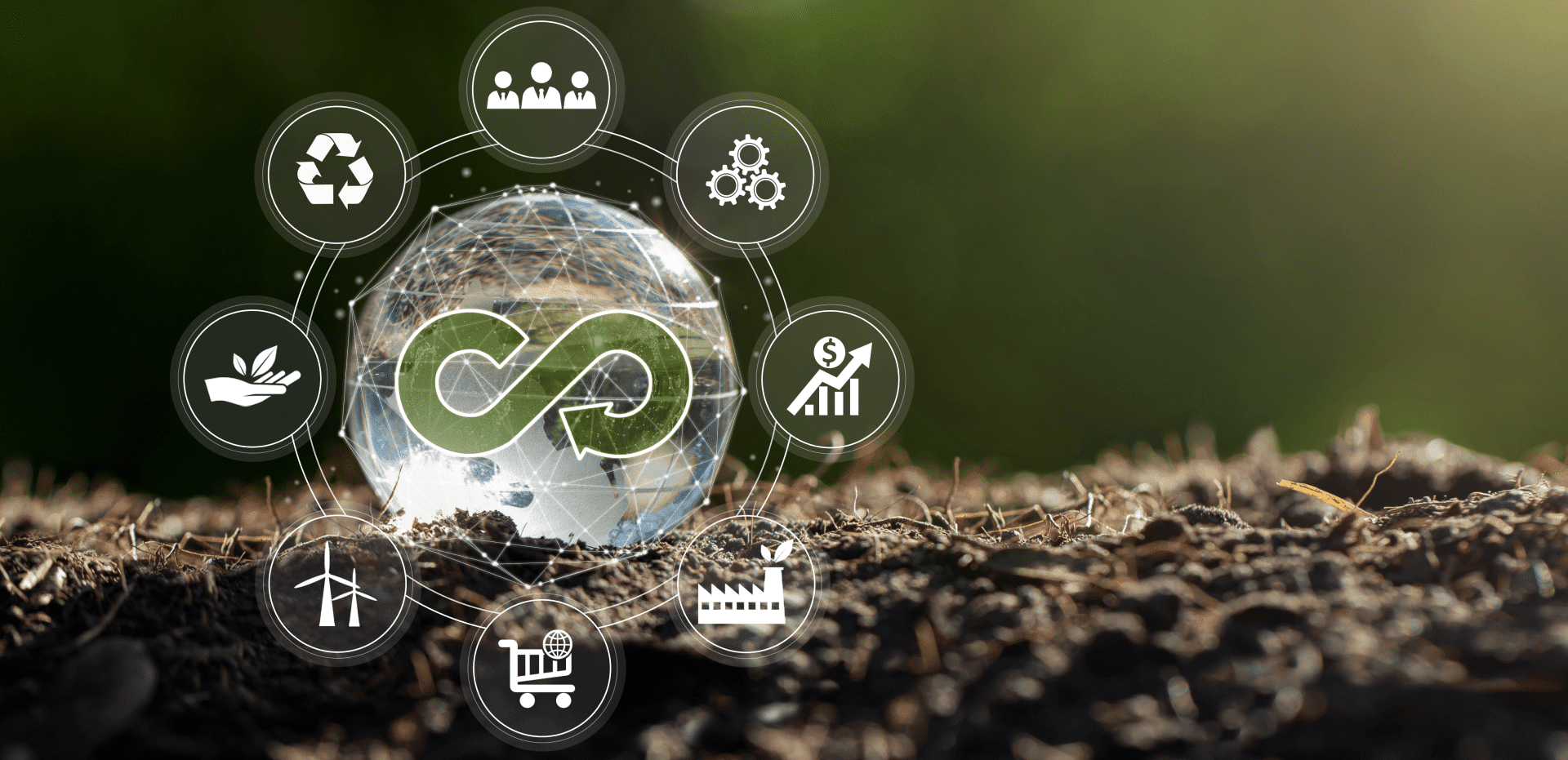
Our innovation, product development and education management system is seamlessly integrated into our quality management system, which is aligned with ISO 9001:2015.
PhosAgro Group runs the Samoilov Scientific Research Institute for Fertilizers and Insectofungicides (NIUIF), Russia's only institute specialising in this area.
The Group actively cooperates with the Ministry of Agriculture, the Russian Academy of Sciences, federal research centres, universities, innovation funds, and international R&D organisations (University of Belgrade and Brazil's Federal University of Lavras).
PhosAgro Innovation Centre was established in 2018 to create cutting-edge products and technologies in partnership with research institutions in Russia and abroad. The NIUIF and PhosAgro Innovation Centre bring together world-class researchers, engineers, and experts from various areas.
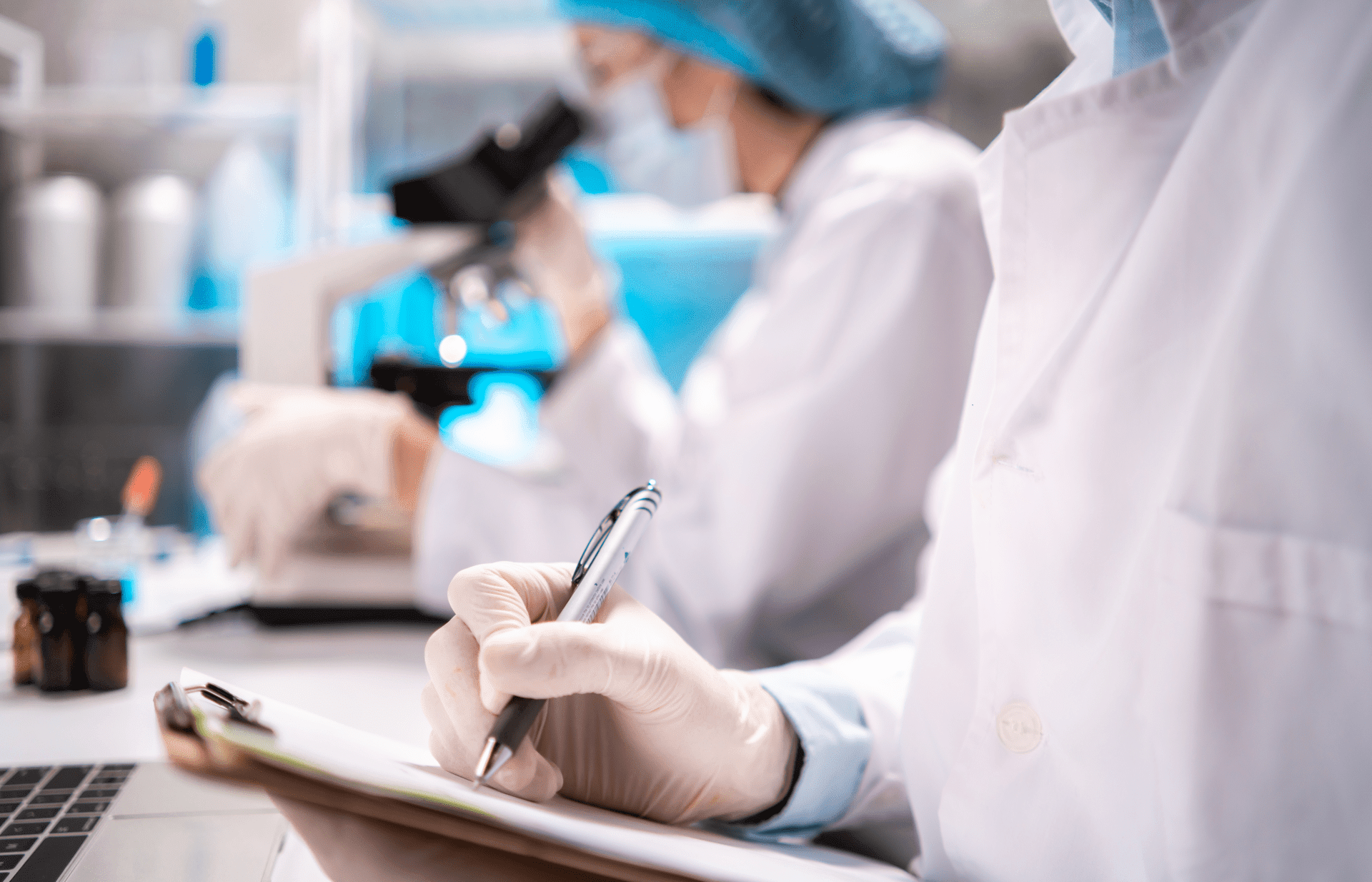
An important focus for PhosAgro Group is close work with reputable international organisations to provide broad support to humanitarian and research-intensive projects.
Research and education fall within the remit of the Technical Development Department and are discussed at the meetings of the Strategy and Sustainable Development Committee of the Board of Directors. These matters are subject to an annual review by the Board of Directors.
Among other things, the following strategic risks affect our research and educational objectives:
The Group develops corrective measures as necessary and unlocks opportunities, including import substitution, to mitigate those risks. Below you can find more information about what we do on this front.
Risks specific to the Company's operations are listed below:
And other environmental aspects associated with the adoption of the European Green Deal (primarily the From Farm to Fork Strategy) and potential similar restrictions in other markets.
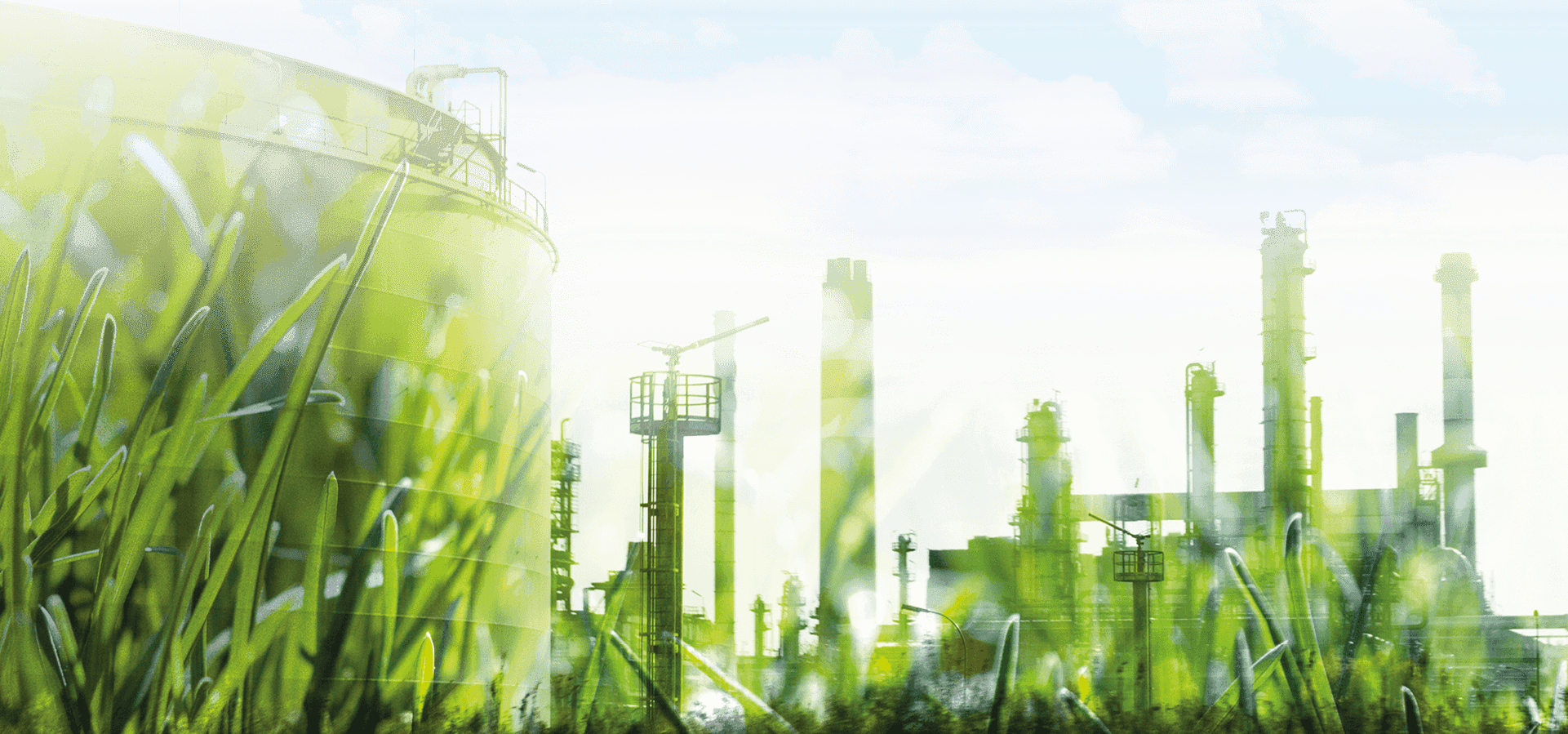
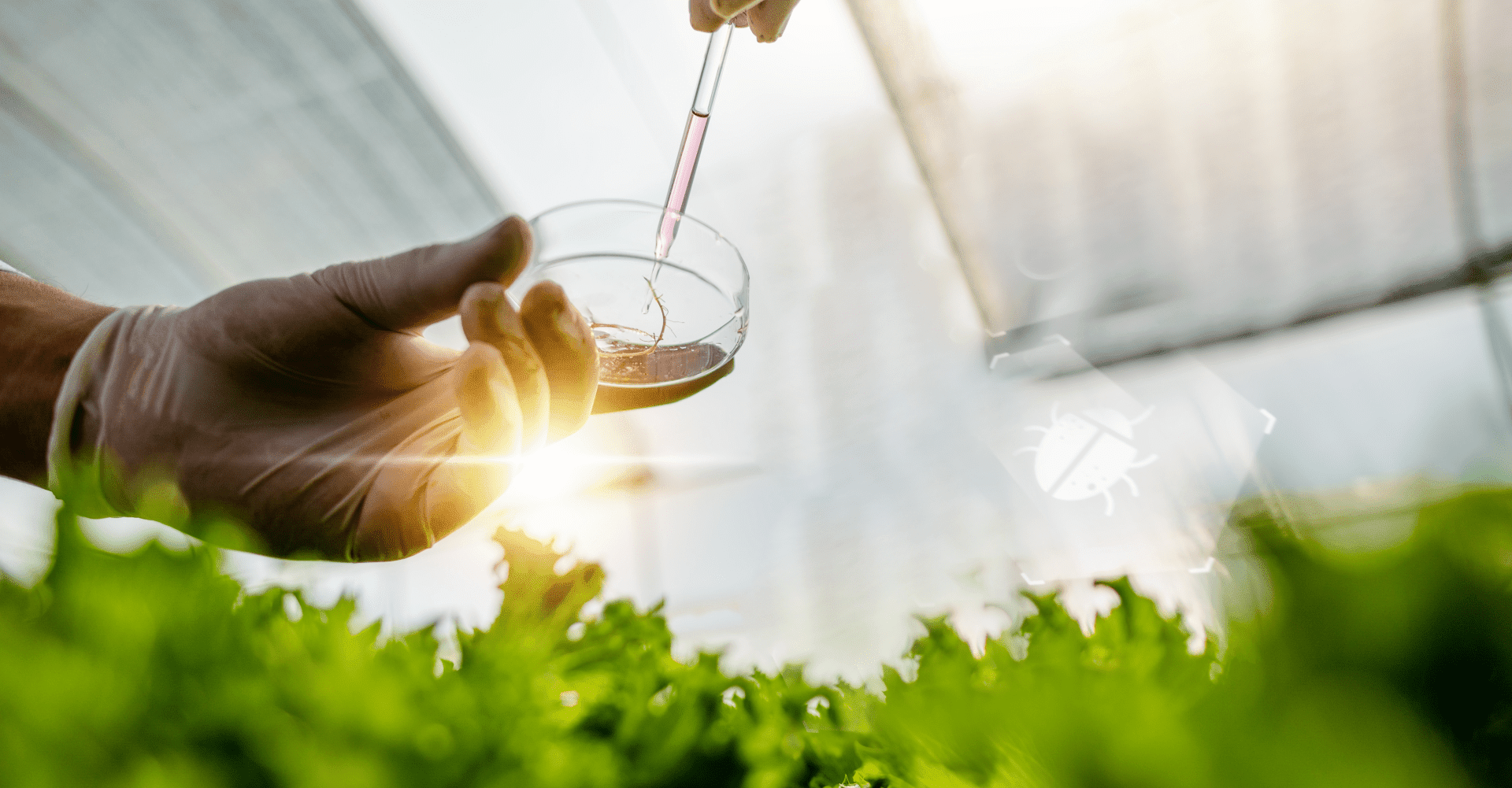
Reduction of natural gas consumption in production processes
NIUIF experts work to reduce natural gas consumption in technological processes and associated GHG emissions at existing MAP/DAP, NPS and NPK fertilizer production facilities. Measures related to a better use of the reaction’s heat in tubular reactors, for example for heating the coolant in a drum drier or a drum dryer granulator are a promising way to boost the energy efficiency of fertilizer production. In particular, a scheme to install a tubular reactor in a drum drier at the Cherepovets mineral fertilizer production unit was introduced in 2022.
Pilot tests are running in the production of various fertilizer grades: NPK 10-26-26, 15-15-15 and NPS 20-20(14).
In the long term, the measures taken will ensure:
Improvement of the nepheline concentrate processing technology
The NIUIF team is improving the technology for hydrogen sulphate treatment of Kola nepheline concentrate with production of aluminium hydroxide and by-products. Compared to the current sintering technology, this method boasts a lower metal intensity, higher energy efficiency, and lower carbon dioxide emissions. On top of that, the ability to process nepheline concentrate using the technology under development will reduce the country's dependence on imported bauxites.
Phosphogypsum processing technologies
In late 2022, we decided to build a facility at the Balakovo Branch to process by-products: fluosilicate acid (not used in production) obtained at the stage of absorption of fluorine-containing gases during concentration of extracted phosphoric acid in vacuum-evaporating installations, and dihydrate phosphogypsum to produce a solution of ammonium sulphate and technical calcium fluoride with a capacity of 20 ktpa in terms of 100% H2SiF6. Design and engineering documents for the construction of the facility are under development.
The process is based on a patented resource and energy-saving technology developed by NIUIF to produce the most popular products:
- ammonium sulphate solution to be used in the production of NS and NPS fertilizers on the site;
- technical calcium fluoride to be used in the cement industry as a flux to reduce the calcination temperature of clinker mixture and improve cement quality.
The method for producing ammonium sulphate solution by co-processing phosphogypsum and fluosilicate acid is classified as promising and is described in the Russian Reference Document ITS 2-2019 "Production of Ammonia, Mineral Fertilizers and Inorganic Acids".
In 2022, NIUIF together with the Balakovo branch of Apatit filed an application to include the ammonium sulphate solution and technical calcium fluoride production technology in co-processing of phosphogypsum and fluosilicate acid in the list of advanced technologies for the purpose of Special Investment Contracts (SPIC 2.0); the application was approved by an expert organisation in December.
NIUIF also continued its technical analysis of potentially setting up a production site processing phosphogypsum and carbon dioxide and manufacturing crystalline ammonium sulphate, technical calcium carbonate and its derivatives. CAPEX for the Cherepovets facility will be estimated in the first half of 2023. This technology will also reduce CO2 emissions.
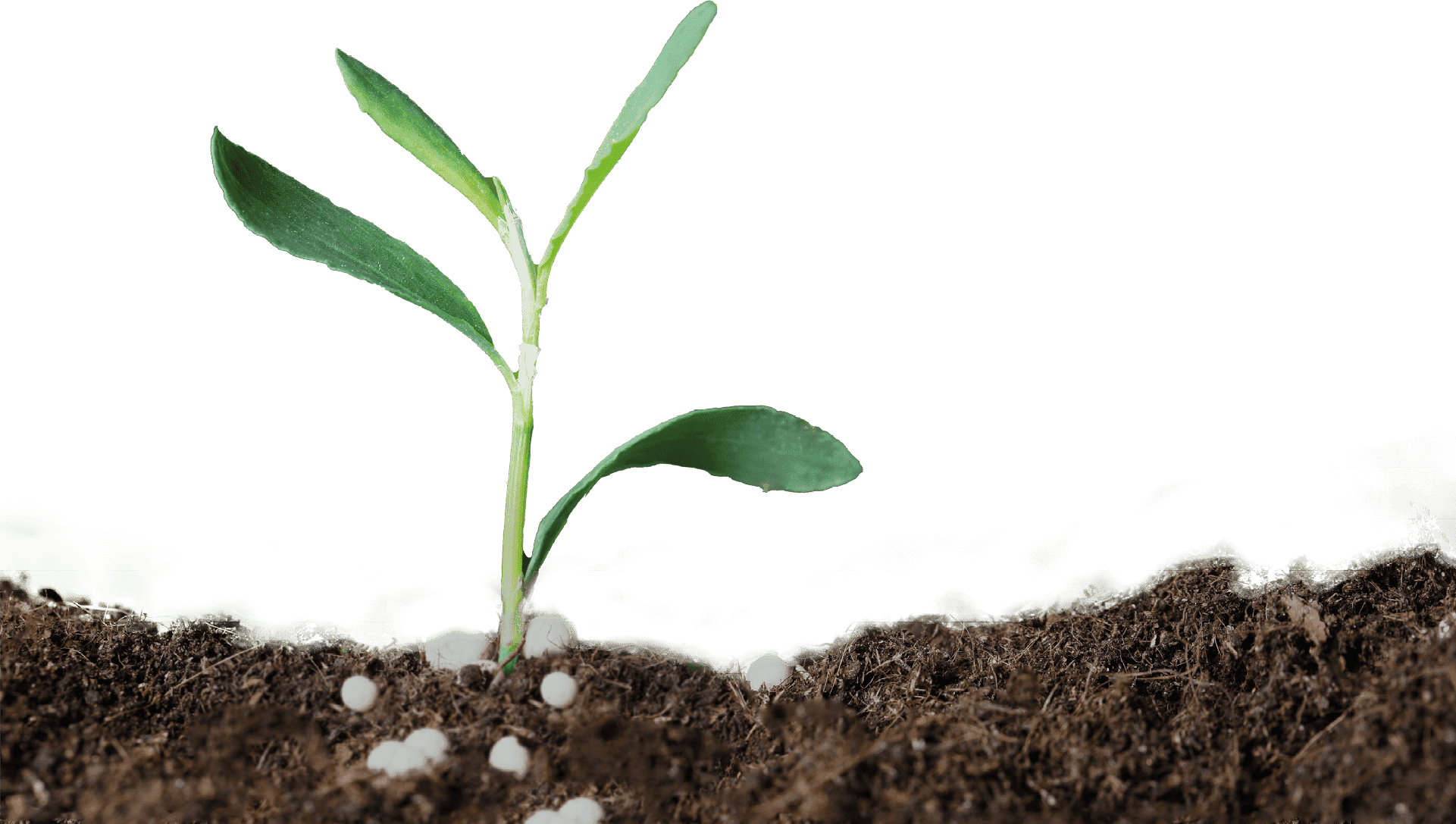
PhosAgro Group's product mix expanded to 57 grades of agrochemicals of all types in 2022. By 2030, PhosAgro Group plans to complete work on and gear up for the introduction of 70 new products, which will include biological decomposers of organic matter, crop protection products; mineral fertilizers with controlled and prolonged release, liquid and solid fertilizers with microelements; feed additives with non-protein nitrogen sources and biological components; growth enhancers, adaptogens, amino acids. The overall focus of these developments is biologicalisation of agriculture and reduction of the environmental impact of chemicals in intensive farming, which will bolster crop yields and mitigate climatic and environmental impact.
Development of water-soluble fertilizers
NIUIF continues research into the development of technologies for making completely water-soluble fertilizers in the form of crystalline products. In 2022, research involved products such as water-soluble monopotassium phosphate and water-soluble urea phosphate. This type of fertilizers provides for the most effective use of nutrients thanks to their application methods: fertigation and hydroponic systems. Application of water-soluble fertilizers also increases water use efficiency and reduces unproductive loss of nutrients, thus mitigating the negative impact on the environment. Due to the properties of monopotassium phosphate solutions, the risk of leaf burn and leaf curl during foliar feeding is much lower, making spraying at high solution concentrations possible. In addition, as a result of the special properties of the solutions, the use of monopotassium phosphate does not pose problems in saline or alkaline soils. The acidic reaction of urea phosphate solution prevents clogging of drip lines, and when it is absorbed by soil, it increases the availability of nutrients to plants and facilitates leaching of sodium ions from the root system. The use of an acidic component with urea can reduce ammonia losses, especially on alkaline soils.
Development of inorganic coatings to improve performance and reduce nutrient loss
In 2022, NIUIF team conducted research on making fertilizers with stronger agrochemical and environmental performance based on mineral fertilizer grades produced by PhosAgro Group (urea, NPK fertilizers, NPS fertilizers and ammonium nitrate).
A method o f coating of inorganic compounds digestible by plants (mixtures of monocalcium phosphate and dicalcium phosphate with different proportions of these components) on granules was developed to slow down granule dissolution in the soil and help synchronise the release of nutrients from the fertilizer with the needs of plants.
The novelty of the research consists in creating fertilizers with delayed and controlled release of nutrients without the use of expensive and environmentally unfriendly polymer coatings.

Currently, there is no commercially available technology for the production of such fertilizers in Russia.
The increased agrochemical performance of the new fertilizers has been proven in vegetation and microplot trials. In vegetation trials, rate of nitrogen uptake from coated fertilizers rose by up to 29%, P2O5 by up to 28%; K2O – by up to 20%; wheat grain yield increased by up to 26%; and yield quality improved. In field microplot trials, rate of nitrogen uptake from coated fertilizer increased by 20–22% and yield increased by up to 10%. Researchers noted enhanced physical and mechanical properties of the fertilizer (a 60–70% reduction in caking, an increase in the static strength of granules).
This innovation is fully in line with the principles of green chemistry and in line with the International Code of Conduct for the Sustainable Use and Management of Fertilizers (FAO) for the production and application of mineral fertilizers.
In 2023, further efforts are planned in this area, including the registration of such fertilizers and market research to analyse market demand for these products.
By 2025, we plan to design and build a pilot plant with a capacity of 5–7 t/h. This will enable us to bring our coating capabilities as close as possible to our production capacities, with production at the Company's facilities potentially set up going forward.
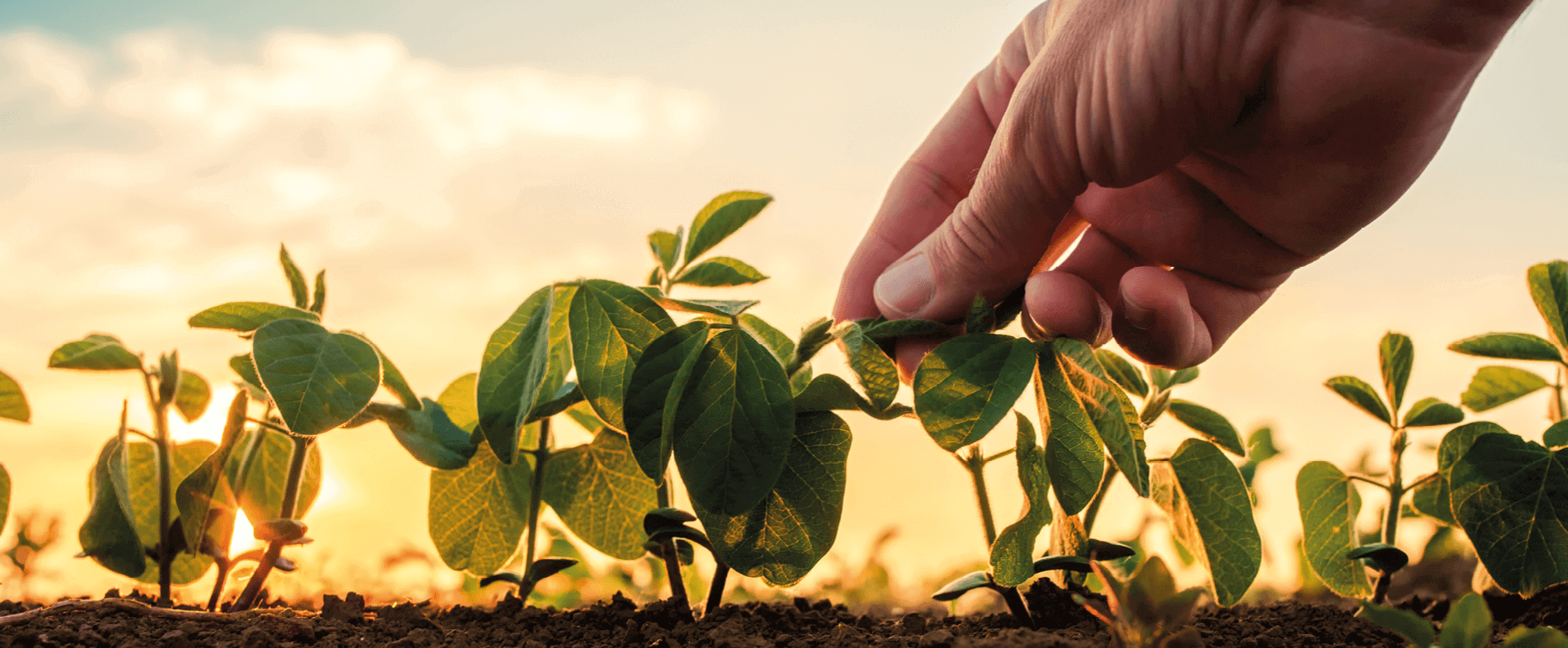
Development of biologised fertilizers
In 2022, PhosAgro Group, together with the Russian State Agrarian University – Moscow Timiryazev Agricultural Academy, conducted the first tests of the impact of mineral fertilizers and their biologised counterparts on the climatic footprint of products. The climatic footprint of crop production includes nitrous oxide emissions from soil resulting from nitrogen conversion processes in mineral and organic fertilizers as well as carbon emissions from plant respiration, decomposition of crop residues and straw. Thus, higher yields with lower aggregate biomass of plants for comparable doses of fertilizers is the indicator that determines a smaller carbon footprint of mineral fertilizers.
The tests also revealed a prominent role for micronutrients in increasing root biomass, which could potentially be used to "conserve" carbon in the soil. In 2023, we plan to scale up the tests to cover microplot trials and to study the carbon footprint of mineral fertilizers more extensively.
Manufacturing of a new product – ApaSil
In 2022, the Company continued to develop products with innovative features. In particular, we have marketed ApaSil, a product designed for seed pre-treatment and foliar application on a wide range of agricultural crops and ornamental plants on all types of soils. Field trials in different regions, on different soils and crops have shown that ApaSil helps plants cope with the stresses associated with drought, soil salinity and fungal diseases.
Production of phosphates and purified phosphoric acid
In 2022, NIUIF experts started comprehensive research of a technology for producing sodium and potassium phosphates used as food additives and comparable in quality to those from the leading global suppliers. The research seeks to obtain the most popular additives – disodium pyrophosphate (E450(i)), sodium pyrophosphate (E450(iii)), sodium tripolyphosphate (E451(i)), sodium hexametaphosphate (E452(i)) and dipotassium phosphate (E340(ii)) vital for the meat, fish, dairy, bakery and other food industries. The work will continue into 2023 and will serve as a basis for developing key technical solutions to produce food grade sodium and potassium phosphates from PhosAgro's own purified phosphoric acid. Given that these high-quality substances are not produced in Russia and are imported, the launch of local production will contribute to import substitution and food security.
On top of that, the NIUIF is currently developing a solution for food grade phosphoric acid to be purified through solvent extraction using organic extractants. This product has not been produced in Russia this way and has been imported from Kazakhstan, China and other markets. We plan to use our own purified phosphoric acid to produce high-margin feed phosphates.
Developing in-house catalyst for sulphuric acid and liquid sulphur dioxide production
In 2022, the NIUIF, Russia's leading research centre specialising in sulphuric acid production technologies, focused on two very relevant areas in the new economic landscape – creating in-house production of high-performance vanadium sulphuric acid catalysts and launching a new production process for liquid sulphur dioxide. Before 2022, domestic consumers purchased these products mainly from foreign producers, whose exit from the Russian market brought about major challenges as well as new opportunities for local R&D.
In the reporting year, as part of a project for vanadium sulphuric acid catalysts, our experts prepared the required inputs and estimated costs for the feasibility study of 900 ktpa in-house production of such catalysts for PhosAgro Group's needs. In 2023, we plan to use the input data to develop design documents for the production unit.
The NIUIF also continued efforts to introduce a patented process for obtaining liquid sulphur dioxide by burning sulphur under oxygen deficiency condition. Widely used in the Russian petrochemical, pulp and paper, glass and wine industries, liquid sulphur dioxide is no longer supplied from abroad.
In 2022, the NIUIF made research to obtain and assess the quality of samples. The outcomes show that the product is sufficiently pure and compliant with the applicable domestic standard. The NIUIF plans to continue rollout and development of technical solutions for a 20 ktpa pilot-scale production in 2023 with subsequent adjustment of parameters and equipment operation. This project will help fully meet Russia's demand for liquid sulphur dioxide.

Phosphogypsum application research
Phosphogypsum is a valuable by-product of the production of mineral fertilizers. It includes, among other things, such elements as calcium, sulphur, phosphorus, zinc, silicon, magnesium, copper, which are important for the soil. The use of phosphogypsum enhances the soil structure, its water and air permeability, improves leaching highly soluble salts, and shapes favourable conditions for the development of soil biota. Phosphogypsum makes it possible to increase productivity of arable lands and reduce the cost of crop production. The International Fertilizer Association (IFA) recognised PhosAgro’s production of improved phosphogypsum and its use in agriculture as a best practice.
In November 2021, we made a decision to merge all our phosphogypsum-related operations into one project.
A data analysis and target market review has identified eight focus areas for selling phosphogypsum. Currently, we can cover three of them:
- agriculture;
- road construction;
- cement production.
After identifying new applications, the Company more than doubled phosphogypsum sales for the year and achieved a more than 20 times increase compared to 2021 and 2019 respectively.
In 2022, we sold 91.6 kt of phosogypsum, including 43.3 kt for agriculture, 45.3 kt for road construction and 2.6 kt for cement production, while also expanding our customer base.
Research as part of PhosAgro's carbon farm project in the Vologda region
To combat climate change in the long run and study CO2 compensation and absorption of our carbon emissions by various ecosystems, we started building a carbon farm.
The project's main objective is to accumulate knowledge and expertise in cooperation with the research community and study CO2 absorption by various crops (forage grasses, grain cereals and pulse crops), young coniferous and deciduous forests, and agricultural sites with varying organomineral nutrition regimes.
In 2022, we planted 24 types of forest with various mixes of deciduous (willow, birch and aspen) and coniferous (fir and pine) trees at a 100 ha plantation near the Cherepovets site. In total, the plantation accommodated 79,800 deciduous and 28,800 coniferous young seedlings. Young deciduous trees cultivated specifically for the Vologda region through microclonal propagation grow fast and cannot propagate. The coniferous seedlings grew from seeds of native trees.
In Cherepovets and Vologda regions, we set up 100 ha trial stations 100 km away from each other to study carbon sequestration abilities of perennial forage grasses cultivated using a variety of fertilization schemes. In Vologda region, forage grasses are the basic crop with the greatest GHG absorption potential.
Together with scientists of the Russian Academy of Sciences, we are doing research at 48 agricultural sites of spontaneous vegetation to find the ways of returning abandoned lands to agricultural uses, study agricultural practices with reduced GHG emissions and carbon farming, and obtain precise measurements of the carbon footprint from crops grown for food.
In the first year of trial, we estimated CO2 absorption by plant biomass per 200 ha of land at 2,751 t.
As part of the project, the Company and the Russian State Agrarian University – Moscow Timiryazev Agricultural Academy researched plant nutrition systems and N2O emissions in five-year grain-grass crop rotation at the farming station. According to the research, balanced mineral fertilization, soil liming as necessary and organic fertilizer application deliver excellent yields and reduce GHG emissions. Importantly, the effects are calculated for a five-year cycle. In particular, liming done in the first year will result in soil carbonate decomposition and higher CO2 emissions, but based on a once in five years application, the research shows a definite increase in yields from limed fields coupled with decreasing average carbon footprint per product unit.
We plan to complete the project to create the carbon farm in 2026, with the most effective CO2 storage vegetation systems to be selected based on obtained data and further research to enable us to verify the results internationally and use them to scale up and fully implement the initiative by 2028.
Our strategy for innovating and helping students, teachers and farmers to develop profession competencies relies on partnerships with the leading agricultural universities and R&D centres.

Russian Academy of Sciences (RAS)

Cooperation across a range of areas related to the climate agenda and low-carbon transition plan
- We set up the carbon farm, planted young trees and purchased the required equipment as part of the relevant project.
- Further progress in implementing other projects involving leading Russian scientists to develop and promote innovative products:
- biotechnologies and feed additives developed;
- new biomineral fertilizers tested and registered;
- a pipeline of new promising projects built.

RAS Pushchino Biological Research Centre

Partnership in promoting basic sciences and research in microbiology, biotechnologies, gene and cell engineering, photobiology, soil and environmental management, and physicochemical biology
- PhosAgro was an official partner of the 25th Pushchino school-conference of young scientists called Biology – the Science of the 21st Century. The event saw the first PhosAgro awards distributed for the best research projects and practices in implementing R&D in three categories – soil management, agroecology and plant biology. Over a thousand young scientists from all over Russia and beyond took part in the conference.
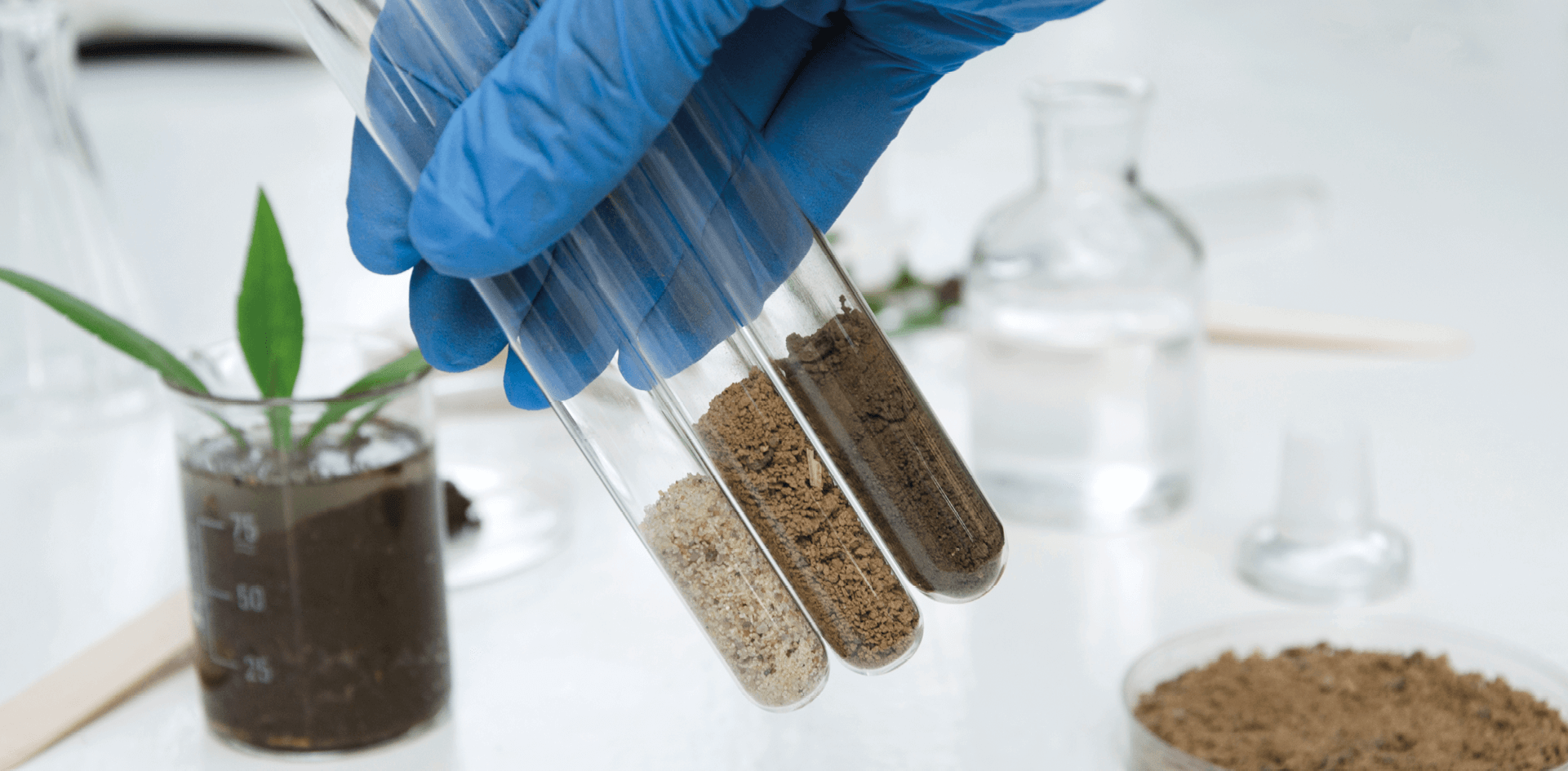
Partner universities
- The lectures covered multiple themes, including agrochemistry and agronomy, crop production, innovations and digitalisation in agriculture, economics, law and responsible farming.
- Capabilities for conducting scientific experiments were set up at PhosAgro Educational Centre’s Phyto-Class of the Moscow Timiryazev Agricultural Academy.
- Vocational profiling organised jointly with teachers of the Moscow Timiryazev Agricultural Academy was made available to school students.

Institute of Chemistry and Sustainable Development at Mendeleyev University of Chemical Technology and the UNESCO Chair of Green Chemistry for Sustainable Development
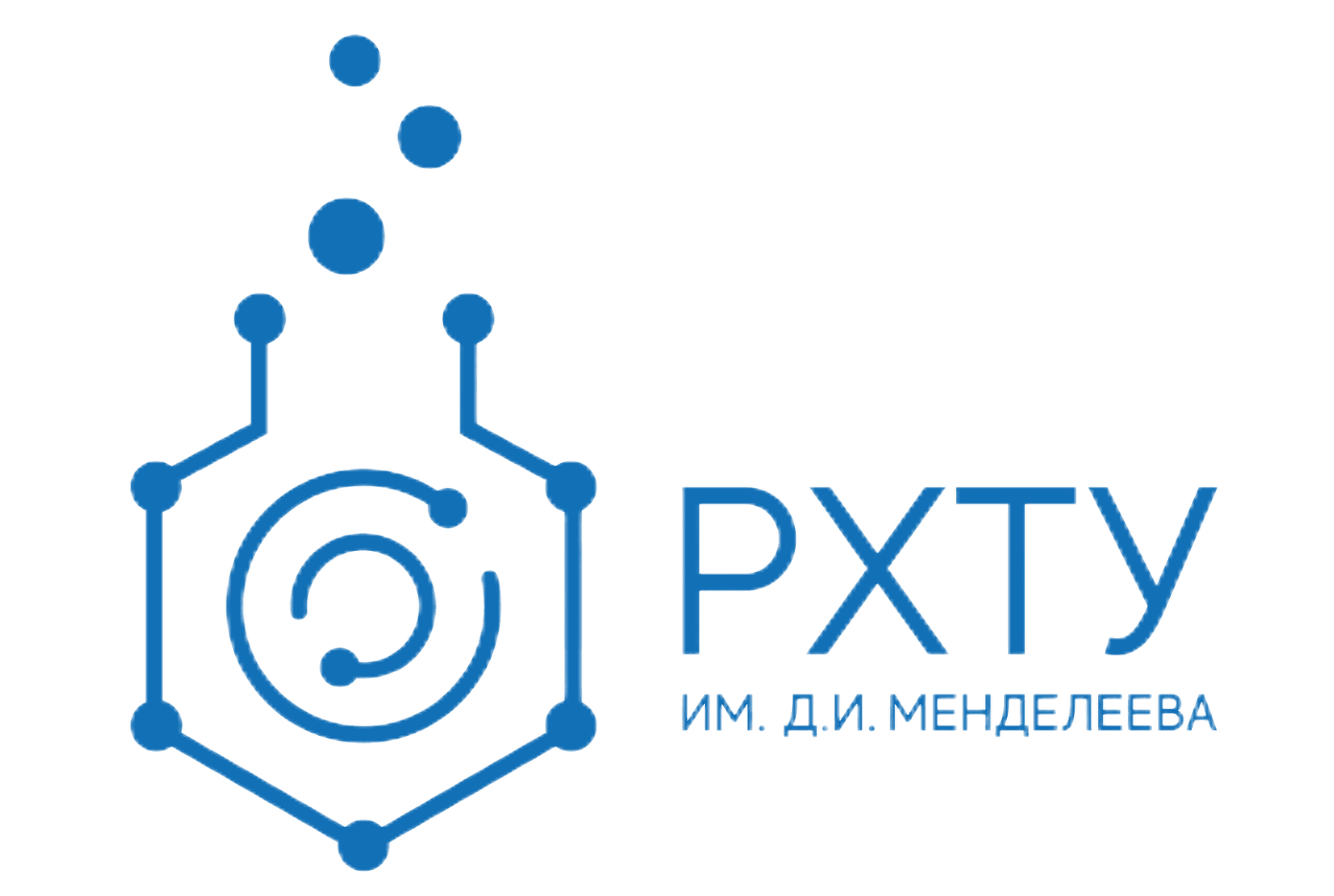
Partnership in promoting basic sciences and research in chemistry and related fields to further sustainable development globally
- An N.P. Laverov scholarship programme was established for young scientists from Mendeleyev University of Chemical Technology who do research in ecology, environmental management, new materials and substances. The scholarship is granted to the 20 best students and postgraduates.
- A series of webinars was organised for Bachelor's and Master's students at the UNESCO Chair of Green Chemistry for Sustainable Development at Mendeleyev University of Chemical Technology. The focus areas were aligned with the UN’s 17 Sustainable Development Goals.
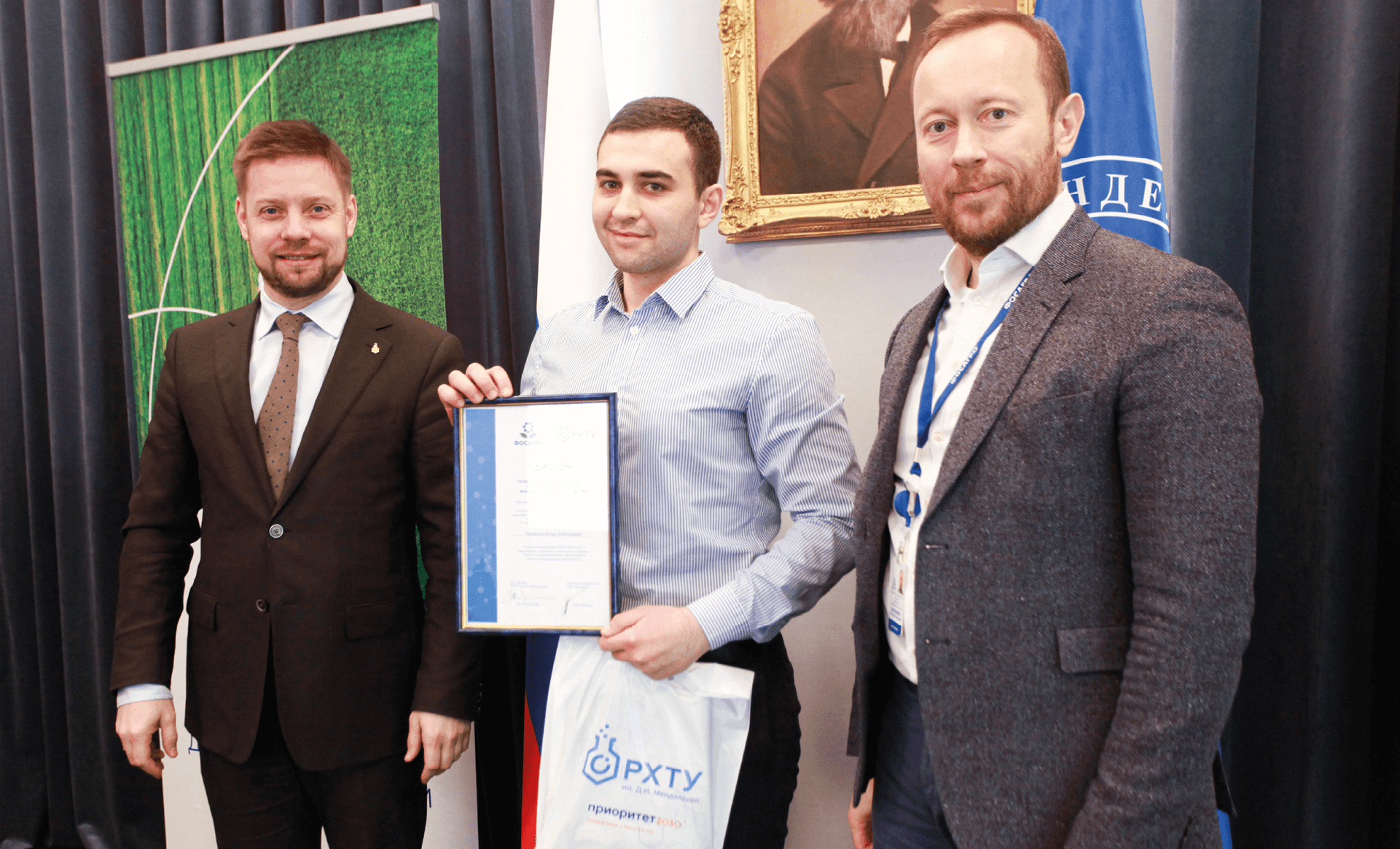
In line with our strategic goals, we support young scholars and their projects addressing the challenges of biodiversity conservation, environmental well-being and the circular economy.
UNESCO
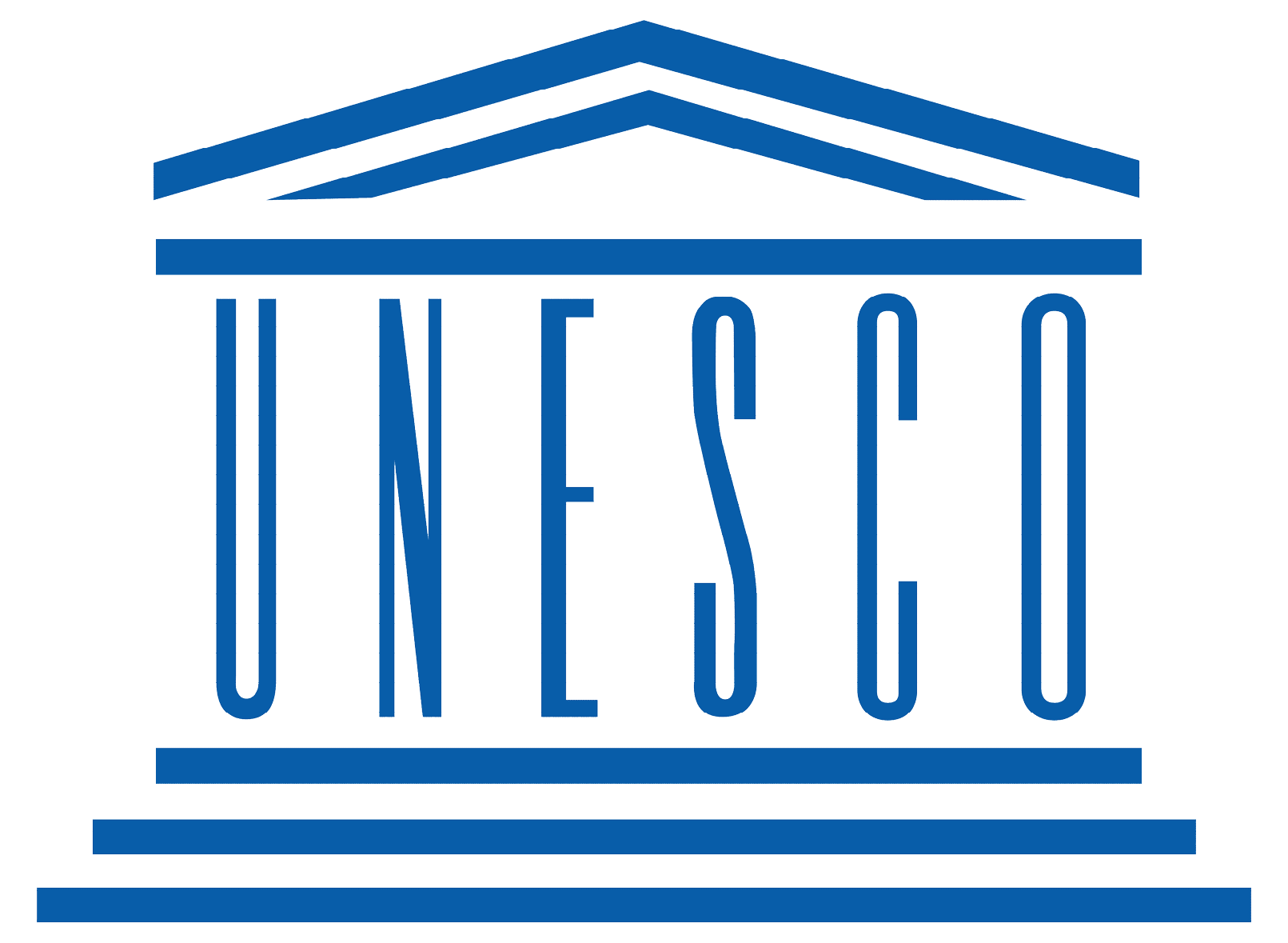
Green Chemistry for Life, a joint grant programme by PhosAgro, UNESCO and IUPAC
Financial support and scientific guidance for young scholars doing research in emerging Green Chemistry technologies to address environmental challenges and ensure sustainable use of natural resources
International Competence Centre for Mining Engineering Education under the auspices of UNESCO
The Centre is based at St Petersburg Mining University and plays an important role in implementing the UN Sustainable Development Goals, such as improving the quality of education, combating climate change, and protecting and restoring ecosystems
- Contracts in green chemistry research were awarded to the seventh round winners from Africa, Asia, Europe and Latin America.
- Over the nine years of the programme's existence, its International Scientific Jury considered more than 800 applications from young scientists representing 125 countries. More than 40 scholars from 29 countries received grants.
- A member of the Centre's Steering Committee, PhosAgro actively participates in professional certification of experts for compliance with international mining engineering requirements.
- We took part in the International Forum for the 50th Anniversary of the Convention Concerning the Protection of the World Cultural and Natural Heritage (Conference on Nature Management and Preservation of the World Natural Heritage).
- Our experts shared their experience in educational projects at the international forum dedicated to major subsoil use challenges which hosted over 900 young scientists from 57 universities of Europe, Asia, Africa and Latin America.
IUPAC

Summer Schools on Green Chemistry project run jointly by PhosAgro, IUPAC and Green Sciences for Sustainable Development Foundation
IUPAC's educational initiative supported by PhosAgro to improve the qualifications of young scholars engaged in green and innovative chemistry research globally with a view to promoting technological innovations and breakthroughs
- The fifth Summer School session called Chemistry Addressing UN-17 Sustainable Development Goals took place, with PhosAgro's personal awards established for young researchers for the best projects in green chemistry. More than 150 postgraduates and young scientists and about 30 professors and teachers from 45 countries participated in the session.
- Since the start of the project in 2018, a total of five training sessions have been held, bringing together over 600 young specialists and 60 teachers from 75 countries.
UN Food and Agriculture Organisation (FAO)
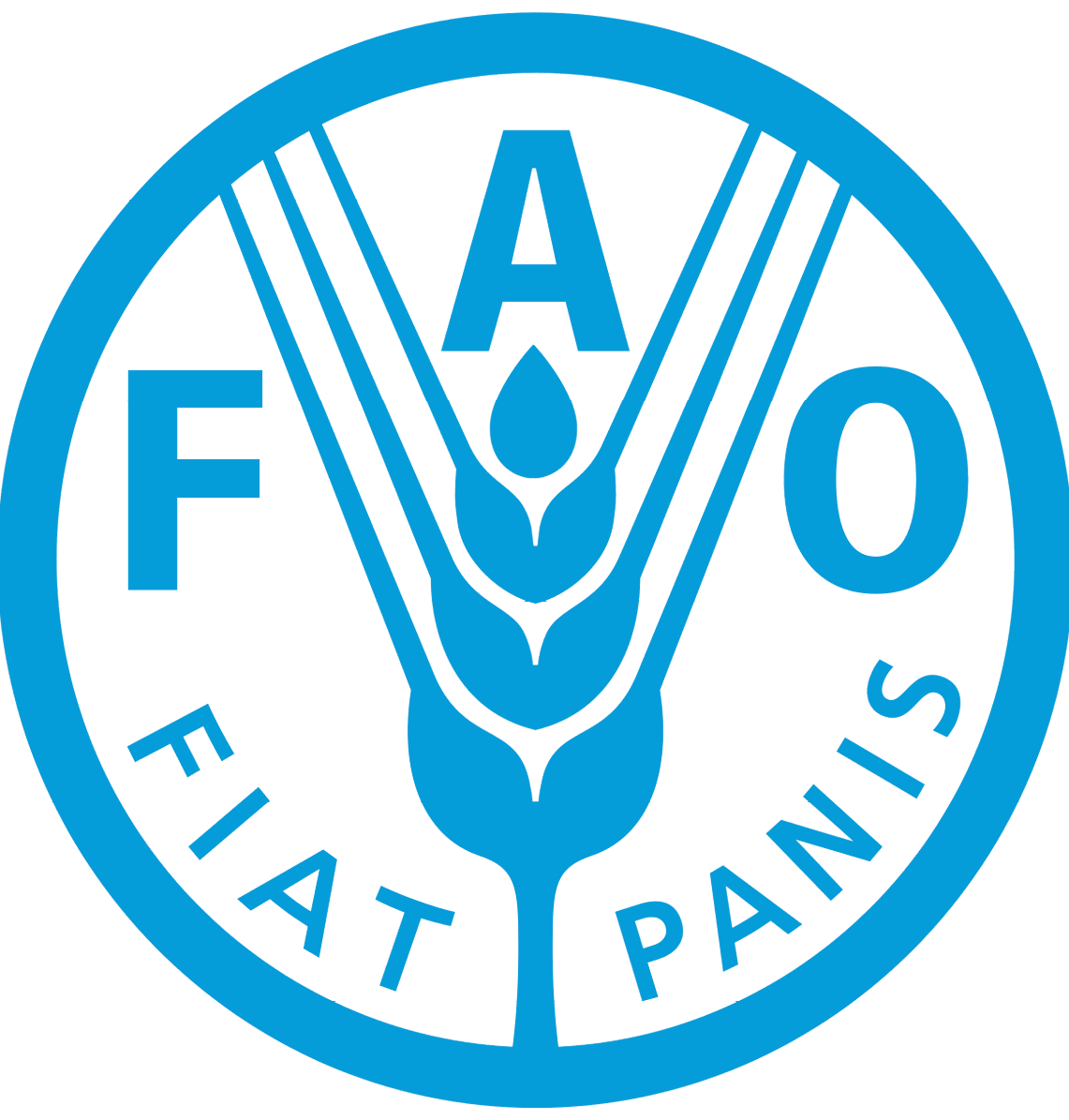
Development of Sustainable Agriculture through the Implementation of the Global Soil Doctors Programme and the Creation of the Global Soil Laboratory Network (GLOSOLAN)
Promoting sustainable soil management among farmers and expanding the Regional Soil Laboratory Network (RESOLAN) in Africa, Latin America and the Middle East; achieving environmental and social well-being by raising awareness of soils to inform sustainable farming decisions
- Since 2018, PhosAgro's total contribution to the project has reached USD 2.4 mln. Over this period, FAO has created the Global Soil Laboratory Network (GLOSOLAN) of more than 800 laboratories in 150 countries.
- PhosAgro, FAO Liaison Office for the Russian Federation, Eurasian Soil Partnership, the Russian State Agrarian University – Moscow Timiryazev Agricultural Academy and the Diplomatic Academy of the Russian Ministry of Foreign Affairs coorganised an international forum dedicated to the global challenges of the 21st century to food systems and environmental safety.
- PhosAgro also financed the opening of the Russian Lounge at the FAO headquarters, which is set to become the key venue for receiving high-level delegations from the UN Member States.
International Fertilizer Association (IFA)
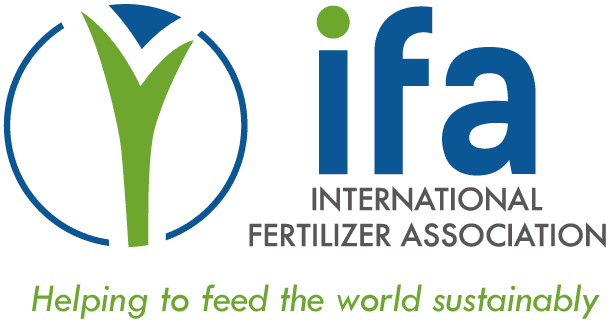
As a core member of the IFA, PhosAgro contributes to the association by providing expert advice on a wide range of topics
- In the reporting year, PhosAgro's experts sat on IFA’s International Committees on Agriculture, Safety, Health and Environment, International Trade, and Communications and Public Affairs.
- IFA recognised PhosAgro’s agricultural use of improved phosphogypsum certified in Russia as a best practice for this multi-component product.
United Nations Global Compact
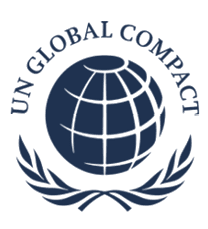
As a Global Compact Lead company, PhosAgro contributes to the initiative by providing expert advice on a wide range of topics
- The Global Compact Lead status makes it possible to engage in the discussion of the international agenda while actively liaising with other international organisations and contributing to the development of new business approaches, regulations and standards globally.
- Contributing to the UN Sustainable Development Goals through projects implemented by the Company as a responsible producer of environmentally friendly and efficient mineral fertilizers committed to food security, environmental safety and human health protection
- Enhancing global partnerships for sustainable development
- Articulating an expert point of view on major issues on the global agenda
- Participating in global initiatives aimed at addressing today’s global challenges
- We retain our status of a Global Compact Lead company and are actively involved in the alliance's initiatives.
- PhosAgro demonstrated its commitment to the UN Global Compact by vigorously supporting Climate Ambition Accelerator and CEO Water Mandate initiatives to combat climate change and ensure the efficient use of water resources and their protection.
- At the UN Climate Change Conference (COP27), we joined the Business Declaration for Climate Resilient Water, Sanitation, and Hygiene (WASH) supported by 26 leading global companies and 15 expert organisations committed to the careful use of water resources.
European Sustainable Phosphorus Platform (ESPP)
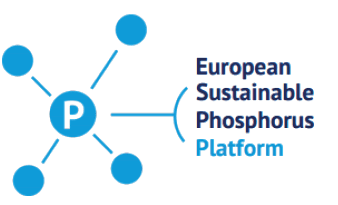
Partnership on the European political, scientific and technical agenda for the sustainable use of phosphate resources
Fostering knowledge exchange, experience transfer and professional networking in phosphorus management; promoting dialogue between market participants, stakeholders and regulators; removing regulatory barriers; effecting communication through newsletters, website, conferences and publications
- PhosAgro Group participated in the European Sustainable Phosphorus Conference that brought together several hundreds of representatives of business, stakeholders, regional and national authorities. At the event, we presented our best practices of phosphogypsum application in road construction.
Safer Phosphates, an international alliance of environmentally friendly fertilizer producers
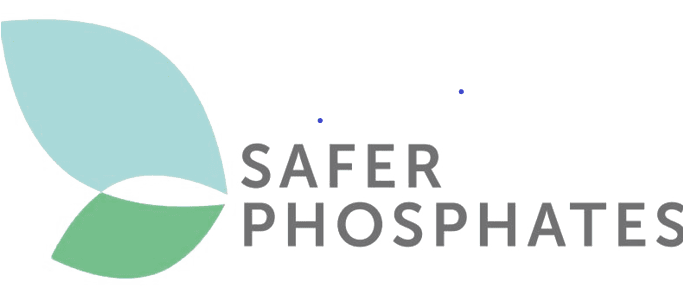
Partnership in protecting human health and agricultural ecosystems from contamination with heavy metals
- OPERA Research in partnership with Safer Phosphates and Euractiv pan-European media network organised a webinar on the soil health for sustainable agriculture. The event attracted more than 100 participants from among the scientific and business community, experts and NGOs.